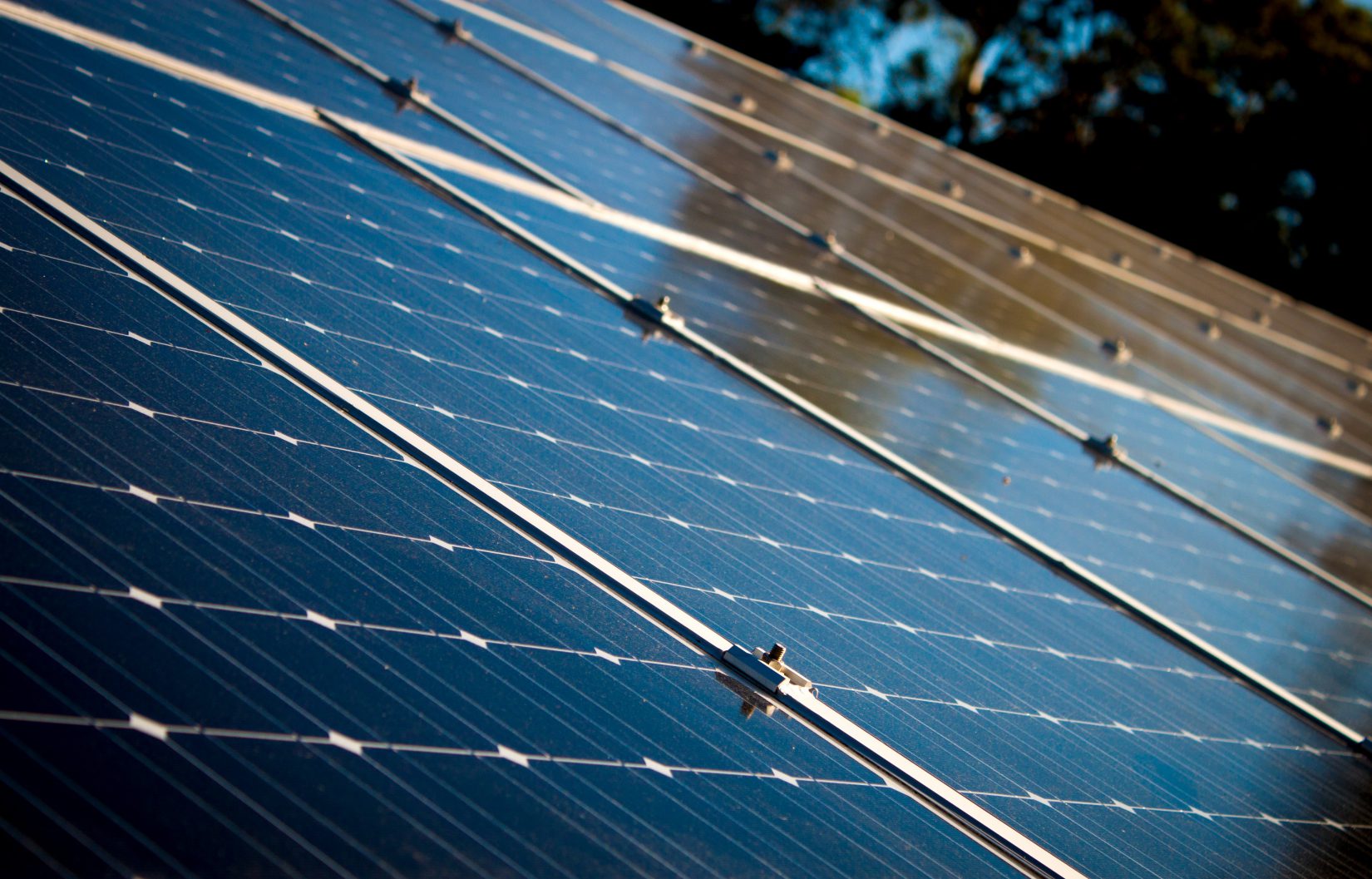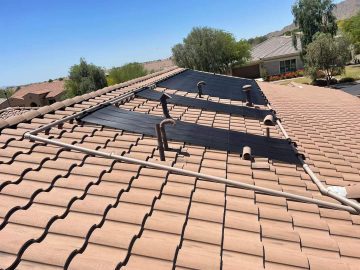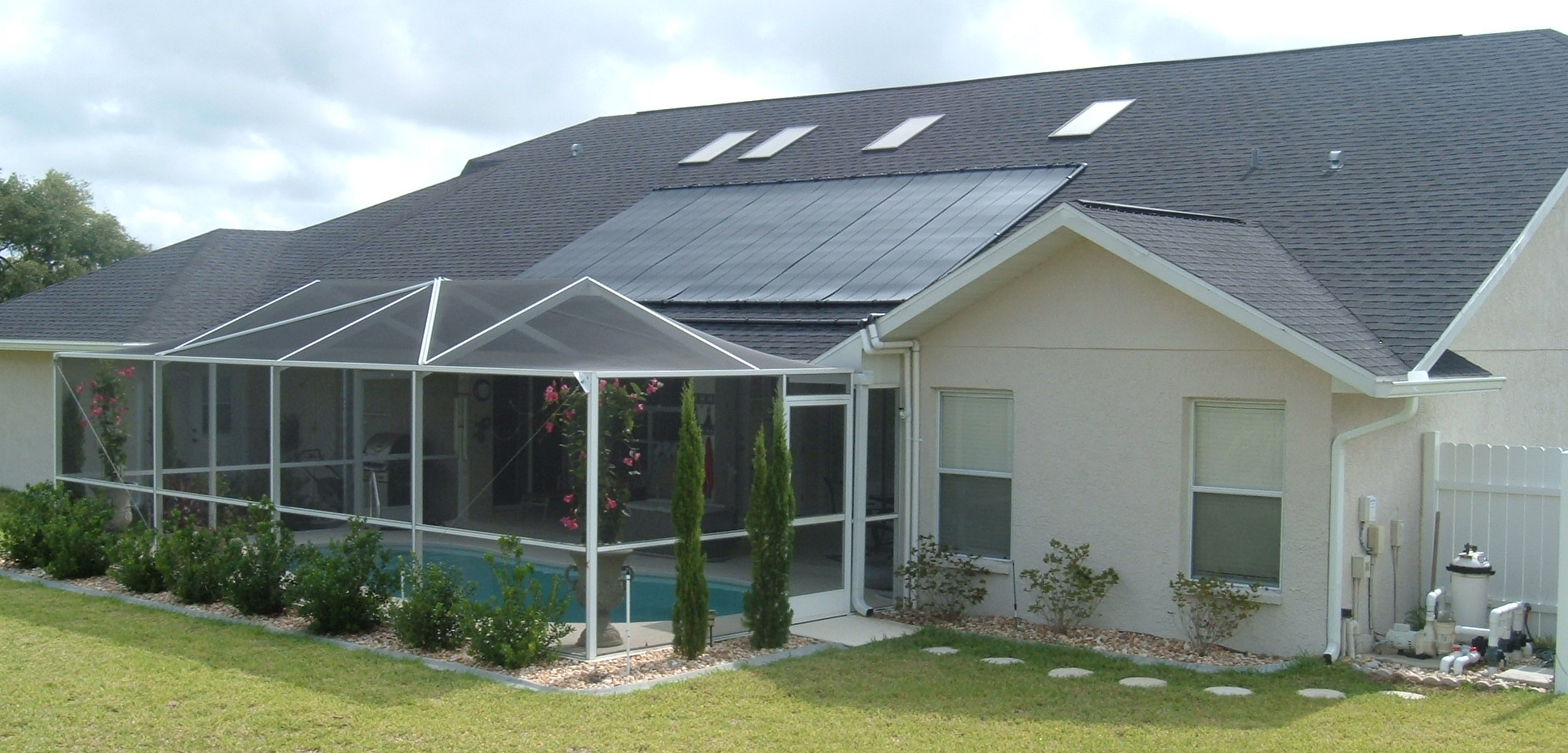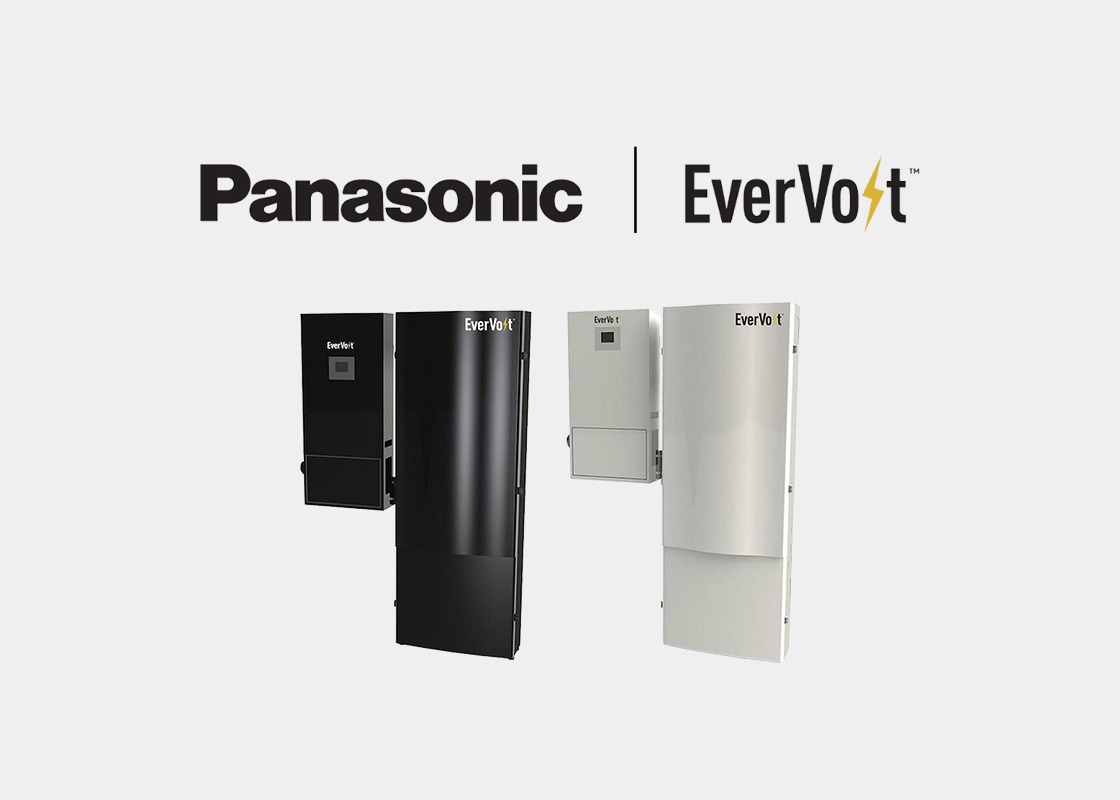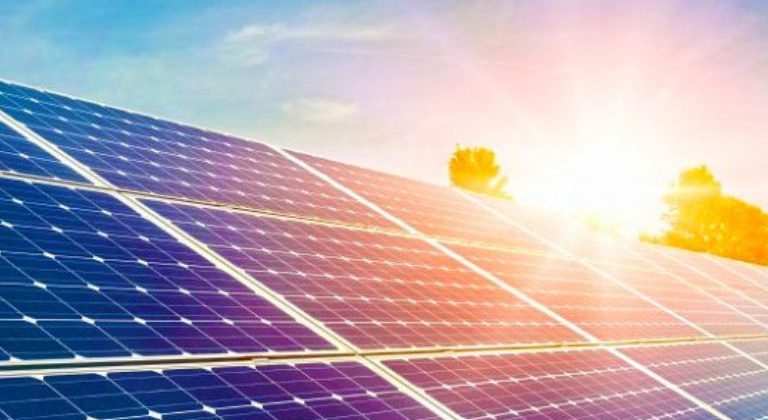Note: If you prefer to listen to this topic instead, hear it all on UMA Solar Radio now!
Considering solar panels for your home? You need to examine the pros and cons of your investment. And even if you’re ready to take the plunge, you may still have some questions that need answers before you commit to your purchase.
That’s why we’re here to address some of the top questions you may have regarding solar panels for your home, from why you should get them to where to find a provider in your area and more.
#1: Overall, why is it a smart idea for homeowners to consider installing solar panels on or around their property?
At UMA, we believe it comes down to return on investment, and there are three major factors that affect this, which have changed over the past few years:
- Panel efficiency and energy production has increased. Over the past 7 years, the efficiency of solar panels and energy production in the industry has gone up, while manufacturing, distribution and installation have also increased. This makes the cost of solar more affordable now than it’s ever been. Additionally, with cell phones and wireless monitoring, it’s easy to see what your system is producing against what you’re consuming, helping solar owners to “Live Smarter and More Efficiently”.
- The extension of the Investment Tax Credit (ITC) 26 — the 26% Federal Tax Credit — has been extended for another 2 years. When you take 26% off the cost of your solar system, this makes your investment even smarter, allowing you to see a 6- to 7-year ROI (as opposed to a 11- to 14-year ROI as of about a decade ago).
- The rising cost of energy. Energy companies across the U.S. are facing many challenges, including increasing population in certain areas, weather conditions and even wildfires. Facing these challenges has caused continuous increases in costs of electricity for homeowners everywhere. When combining solar with energy-storage solutions (like batteries), homeowners have to rely less on the grid and can see an even better return on investment as the cost of energy rises.
#2: What are the pros and cons of transitioning to solar?
In addition to the ROI mentioned above, you’re also making a positive impact on the environment. Plus, most solar panels have a 25-year warranty, which almost no other home improvement/upgrade offers.
One of the cons of going solar is the fact that due to the rise in demand for solar, many companies have quickly emerged that are unskilled, unlicensed or uneducated — often ending up misleading many homeowners, or worse, damaging roofs at the time of installation. Our advice is to always do your research and get multiple quotes when considering companies to install solar panels for your home.
#3: What are some recommended solar options homeowners have to choose from? (i.e. solar panels that go on the roof, freestanding solar panels, other solar products that can generate power or contribute to the electric grid, etc.)
There are many solar websites out there, however, most of them are funded and owned by solar lead-generation companies. That means they’re just looking for homeowners who are shopping for solar panels so they can collect those people’s data and sell it to solar-installation companies in targeted areas. Some of the best places to learn about solar are:
- Energysage – They’re very educational and informative about actual products. This platform provides a lot of facts, assistance, product information and comparisons so you can make the best educated decision for your needs.
- PVWatts Calculator – NREL – This site is owned and operated by the Department of Energy that allows homeowners to lay out a sample system on their roof. This offers a calculation of the estimated production and potential savings provided based on local power rates, the direction the system will face and a 30-year weather pattern for their home’s exact latitudinal and longitudinal location.
#4: Where can homeowners find these solar solution providers?
One of the best places to find qualified solar installation companies is NABCEP.org (The North American Board of Certified Energy Practitioners). This is where you’re going to find the real solar professionals who take the time to get educated and certified in various levels of solar. From installation and sales, to design and engineering, there are certifications for many different areas. This platform lets you search for certified installers in your area and lists only those certified companies.
#5: Is it easier to implement/install solar products in some states and locations than it is in others?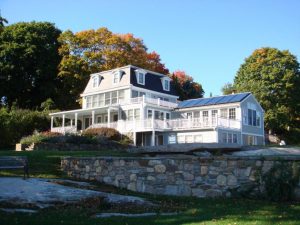
One of the biggest challenges in installing solar is mounting the hardware and attaching it to the roof or ground. In some areas where there is more severe weather like Florida, the wind load requirements for attachment can be up to 190 m.p.h., so to ensure the proper installation, it can become more expensive if you need more attachment hardware to hold your solar panels down.
This also applies to the type of roof that you’re attaching your solar system to. Is it a tile roof? A metal roof? A shingle roof? It’s less expensive to attach to a shingle roof compared to a tile roof or metal roof. When it comes to a ground mount, the size of concrete foundation or supporting structure can change based on the type of soil or geo that you’re digging into, which changes in price all over the country.
#6: What can homeowners expect to pay today for materials and labor to install solar panels? Are there any tax credits/rebates/grants offered by the government or other bodies that can offset these costs?
State grant programs differ all across the country. Some states offer it and some do not, as well as the agreement for solar energy “buy back” in the interconnection agreement that a homeowner must sign in order to receive credit for the energy produced by their system.
The Federal Tax Credit is 26% on the cost of the system and that 26% also applies to a battery or energy storage system if done at the time of the solar installation. It ranges from state to state by most installation companies and can be anywhere from $2.50 per watt to $4 per watt based on type of panels, attachment hardware, location and distance between the system and the actual service panel. This also can change if the buyer is a cash or finance buyer.
#7: For homeowners who cannot yet afford or install solar panels for their homes, what alternatives can you recommend?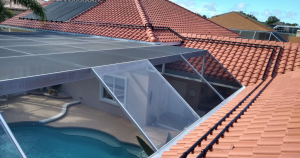
One primary recommendation is to live smarter and more efficiently where possible. If your hot water tank is nearing its expiration date, perhaps replace it with an energy-efficient hybrid hot water tank, which can save you anywhere from $350 to $600 per year.
Instead of electric heat pumps for your pool, solar pool heating systems utilize your existing pool equipment, transferring the water to collectors on the roof and returning the water heated with no electrical costs. These systems are very affordable and can save homeowners from $750 to $1,200 per year, most of which come with a 12-year warranty.
#8: Will most homeowners have some kind of solar panels or solar system/products on their properties in the next 5 years?
Within the next five years, it’s becoming more and more plausible that the majority of new construction permits for homes will require solar. Many cities have already implemented this and more will be coming soon.
There are additional federal taxes that come with adding solar at the time of new construction for home buyers and builders, and it is very affordable when you fix the cost of solar into your mortgage instead of taking out a home-improvement loan after the home is built.
Ready to Learn More About Solar Panels for Your Home?
Let UMA Solar be your trusted advisor in how to get started with solar panels for your home today!
